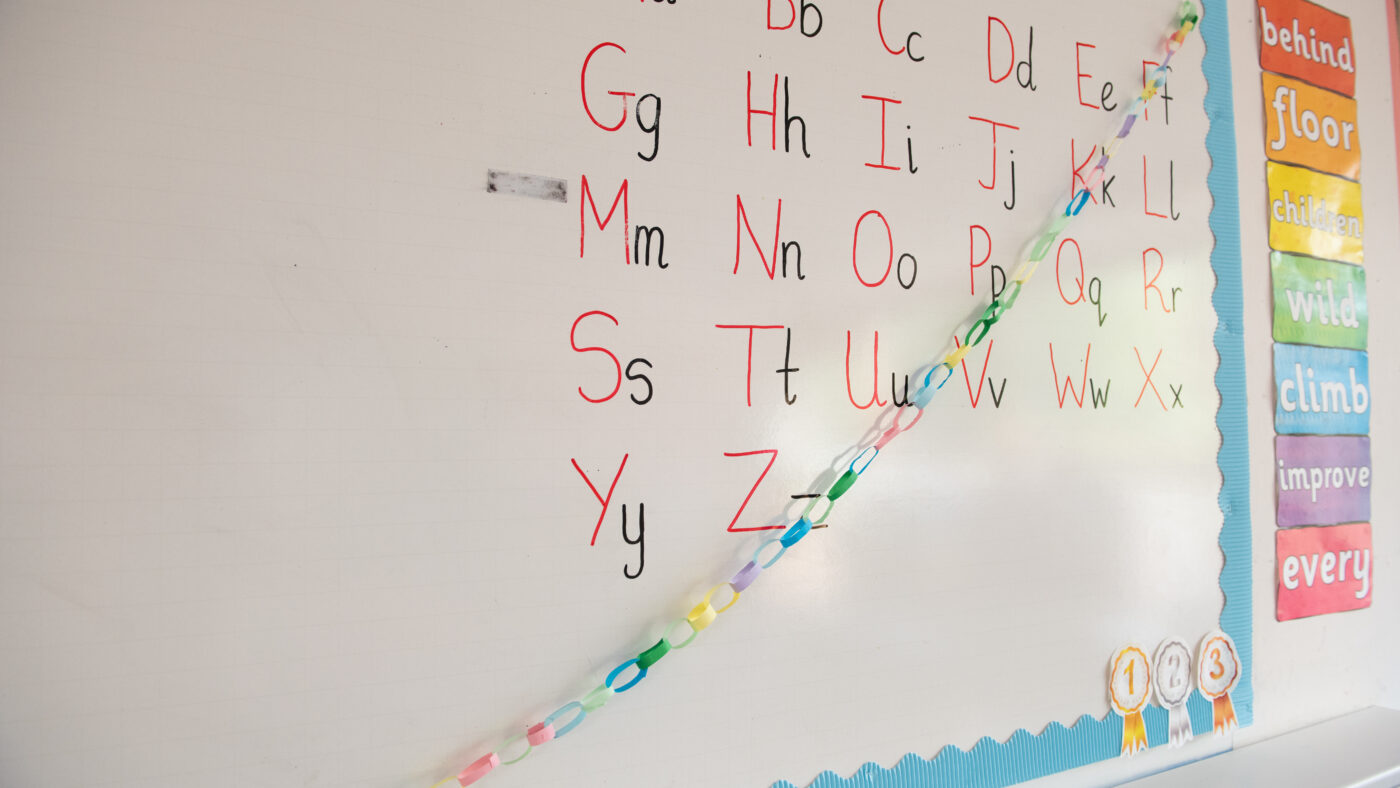Amidst all the difficulties schools currently face, the results from the 2021 Progress in International Reading Literacy Study (PIRLS) released today are a ray of sunshine.
Only Singapore, Hong Kong and Russia – places that have long been lauded for educational excellence – are ahead of England in the PIRLS rankings now. This is because where Covid led to a decline in primary reading standards in most countries, in England they stayed steady – a huge achievement, given everything, especially the seemingly never-ending school closures and ongoing disruption.
We saw something similar with last summer’s Year 6 SATs results: attainment in maths and writing fell, but the percentage of pupils who met the ‘expected standard’ in reading actually went up, from 73% to 75%.
And last week the Education Policy Institute and Renaissance Learning released their latest analysis of how reading and maths standards are doing post-pandemic. It found that while maths is still behind where it was before, reading levels have now largely recovered (albeit, worryingly, with disadvantaged pupils further behind than before.)
Clearly then, something is going very right in England’s schools.
You might not expect this if you just listened to the arguments around funding, teacher pay, recruitment, workload, and so on. But it’s really important we all recognise the successes, because otherwise they’ll be cast aside for new, shiny things. And with a change of government looking likely some time next year, we’re entering a period of maximum risk that this will happen.
The triumph that is England’s reform of reading has been hard-won and taken time. It’s required consistency of policy and personnel – particularly at the ministerial level. (Yes, we’re looking at you, Nick Gibb.)
It’s also taken a huge amount of attention to detail as to how things are implemented, including the funding and creation of evidence-informed and validated systematic synthetic phonics (SSP) programmes, training for teachers, and a simple-to-administer ‘phonics screening check’.
Yet even with all that, and the ever-growing mountain of evidence that it actually works, there are still significant chunks of the education sector that are unwilling or unable to accept that SSP is the way to get kids off to a strong start, and that a knowledge-rich curriculum full of reading and writing is the way to get more kids fluent and knowledgeable.
It’s why we still get ‘research’ from education faculties arguing for discredited ‘balanced instruction’ approaches, and why the biggest teaching union publishes articles arguing that learning through play can be just as effective for some.
And yet I’ve been told repeatedly by people in the know that we shouldn’t shout too loud about the school reform successes of the past decade, as it will make it harder for Labour to retain them if they form the next government. Apparently pointing out that it was Tories who pushed through SSP makes it tricky for Bridget Phillipson to say that a Labour government will keep it in the face of union opposition.
I’m not sure about that. I don’t believe that Gove and Gibb were put off by the main advocates for a knowledge-rich curriculum being old-school lefties like ED Hirsch and Michael Young. Indeed, they revelled in the fact that there was support for their ideas from all kinds of thinkers, and that they were building on reforms started by others.
I’m confident that Phillipson and shadow minister Stephen Morgan are similar. They’re good people, and want the best for the nation’s children. I’ve no reason to doubt that they will stand up for what works, whether or not the NEU likes it.
More to the point, they have very little to lose by doubling down on the successful aspects of reform. It gains them credibility with those on the front line who actually know about stuff, as opposed to those criticising from the sidelines. And if they get into office and international measures continue to tell a good story, they can take the credit for that, whilst blaming the Evil Tories if things look less good.
But we shouldn’t take things for granted, and so those who are serious about education should demand clarity now from all political parties as to where they stand on the fundamentals.
Whether it’s reading instruction, curriculum depth, exam rigour, behaviour and exclusions, or a bunch of other important stuff – we need to know what politicians would do over the next five years, and exactly how they would do it – regardless of what they have advocated for before. If we can repeat the reading success elsewhere, we could have a string of PIRLS successes ahead of us.
Click here to subscribe to our daily briefing – the best pieces from CapX and across the web.
CapX depends on the generosity of its readers. If you value what we do, please consider making a donation.


